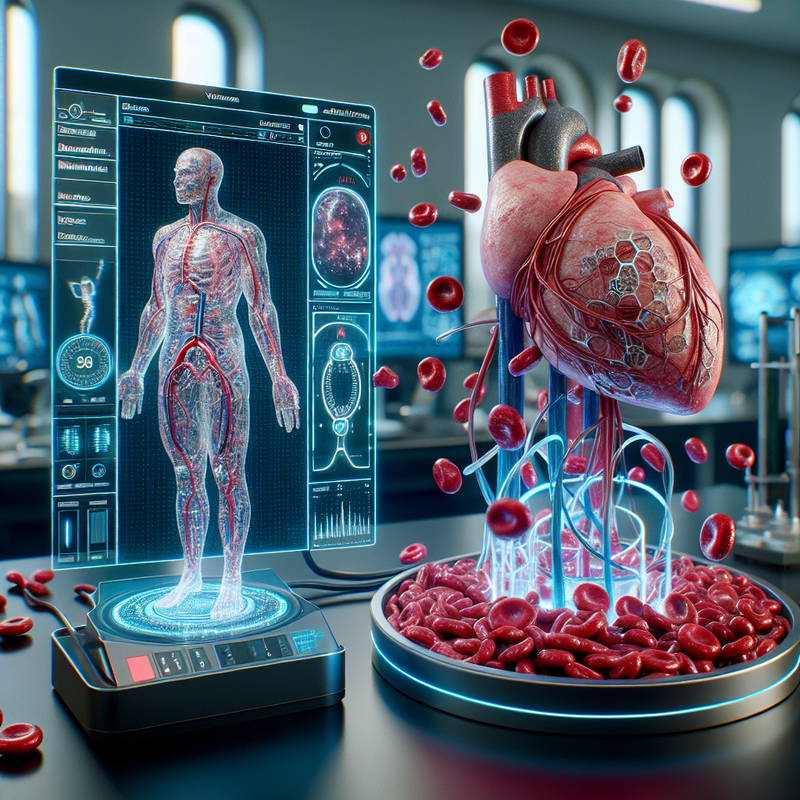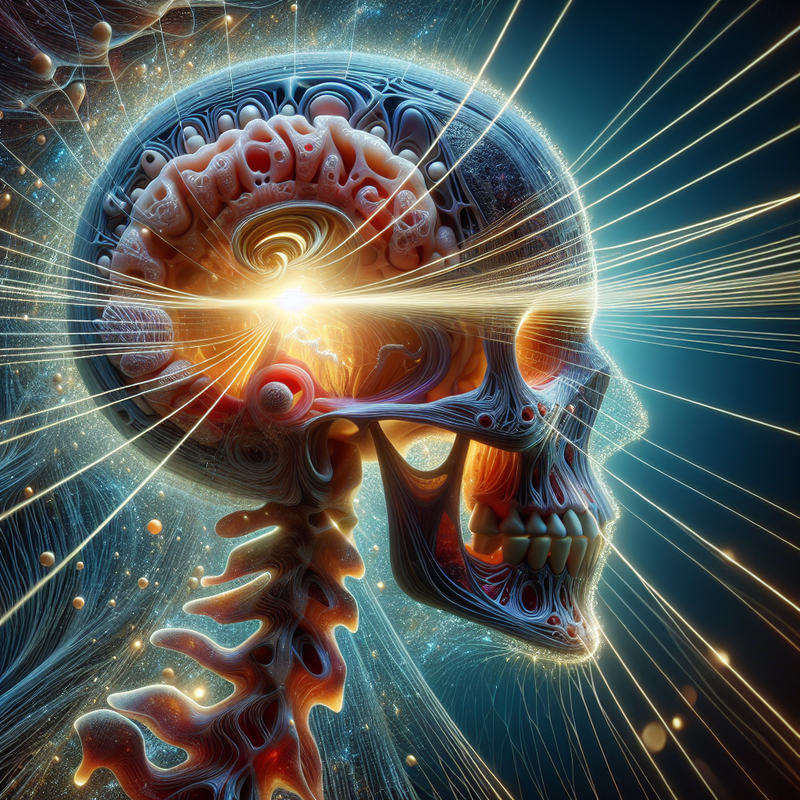Innovations at King’s College London Usher in New Era for Predicting Health Outcomes
Innovations at King’s College London are ushering in a new era for predicting health outcomes and life expectancy through AI-powered metabolic age estimation tools. These innovations, based on the relationship between blood metabolites and advanced machine learning techniques, could radically alter our grasp of aging and open the door to proactive healthcare.
The groundbreaking work, featured in the journal Science Advances, marks the inaugural comprehensive analysis of diverse machine learning models to gauge biological age through metabolites present in the blood. Spearheaded by support from the National Institute for Health and Care Research Maudsley Biomedical Research Centre, the project harnessed the vast dataset of more than 225,000 individuals, aged between 40 and 69, from the UK Biobank repository.
Assessing Biological Age and Wellness
Researchers introduced the term “MileAge” to denote an individual’s metabolite-reflective biological age. The discrepancy between this metabolite-inferred age and the actual chronological age, known as the MileAge delta, acts as a barometer for biological aging pace. Findings revealed that individuals with a quicker pace of biological aging exhibited increased frailty, susceptibility to chronic conditions, negative assessments of their own health, and heightened mortality rates. Additionally, these individuals showed shorter telomeres, which are critical indicators of aging-linked pathologies.
Lead author Dr. Julian Mutz, King’s Prize Research Fellow at the IoPPN, explained, “Biological age can be influenced and potentially changed. Our work assessed a wide array of machine learning models to create age estimation tools, finding that non-linear models are more adept at discerning the complex patterns of aging.” Professor Cathryn Lewis, a senior author on the paper, emphasized the burgeoning interest in developing tools to measure biological age, underlining the vital importance of big data in refining these aging clocks.
The study identified that a particular machine learning approach—the Cubist rule-based regression—held the most robust correlation with various indicators of health and aging. Non-linear models, with their ability to encapsulate intricate connections between metabolites and age, excelled in pinpointing the biological signals tied to one’s health and longevity.
The advent of aging clocks rooted in AI holds tremendous promise for the early identification of health declines, supporting the proactive management of health and informing lifestyle choices conducive to prolonged wellness. This research highlights the transformative potential of artificial intelligence coupled with machine learning to carve new frontages in preemptive health measures and tailored medical approaches.







